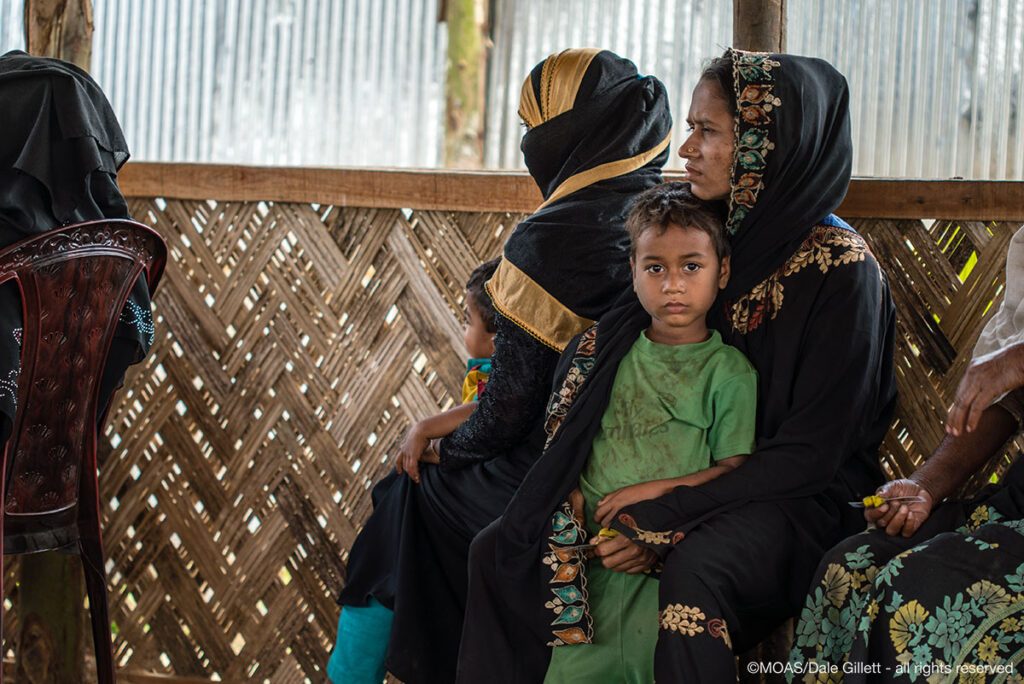While the world sits in relative silence, human rights abuses take place all over the globe. What are they and why are they important? Human rights cover every area of human activity. According to the International Bill of Human Rights, a person’s ability to speak freely, access education and have a decent standard of living is a guarded fundamental right. Human rights are inalienable, universal and interdependent: every human being, regardless of class, race, sex or nationality is inherently entitled to them.
Though the notion of rights and responsibilities has existed for centuries, the adoption of the Universal Declaration of Human Rights (UDHR) marked a milestone in the conception of human rights as we know them today. It was the first time a group of countries agreed to work hand in hand to set a list of fundamental human rights inalienable to every individual. The UDHR was adopted on December 10th 1948, a day that has since been celebrated as Human Rights Day. The International Covenant on Civil and Political Rights and the International Covenant on Economic, Social and Cultural Rights, both of which entered into force in 1976, expanded the provision of human rights to include rights such as the freedom of assembly or the right to health. Both of these Covenants, together with the UDHR, form the so-called International Bill of Human Rights.
While human rights provide rights and freedoms, a person’s ability to enjoy such rights will be dependent on other’s ability to respect that. As such, there is a degree of responsibility that comes with the enjoyment of human rights.
Indifference is becoming a global affliction. With barbarous human right abuses taking place across the world, it is easy to become overwhelmed and fall into apathy. It is important to remember that neutrality is a decision; choosing not to act in the face of injustice will only perpetuate the situation.
The ongoing Rohingya crisis is a perfect example of the price some have paid for the world’s indifference. Though the discrimination and persecution of its community has been ongoing since Myanmar gained independence in the late 40s, the level of violence and ill-treatment took a turn for the worse in 2017. Widespread arson, rape and violence led to the mass forced displacement of hundreds of thousands of people, in what has now become the fastest growing refugee crisis in the world. Despite the brutality of the attacks and the massive exodus of people seeking refuge in neighbouring Bangladesh, the world remained silent as human right abuses unravelled.
As one of the most persecuted minorities in the world, human rights for the Rohingya community are extremely constrained. The Myanmar government refuses to recognise them as an ethnic group and instead refers to them as ‘Bengali’, thereby granting them foreign status and rendering them stateless. As part of the discriminatory practices, the Myanmar government implements restrictions on their freedom of movement, employment, marriage, education, freedom of religion and land and property ownership, among others. The Rohingya need permission to marry or travel outside of their cities, a clear breach of their rights as granted in the International Bill of Human Rights.
If there is anything to be learnt from the past year is that now is the time to fight apathy and indifference. As we approach the 70th anniversary of the Universal Declaration of Human Rights, we should aim to seize the opportunities we are given to fight against the mass atrocities that too often go unnoticed.
In fighting indifference, one can take many routes. Getting involved in local groups, whether it is joining a local charity or discussion group, is a great way to meet like-minded individuals and raise awareness of human right abuses. Fundraising for your charity of choice is also a way to bring about awareness for a broader public and have a direct impact of the lives of many; whether you are organising an event in your local community, or taking part in a bigger one, the money raised will have an impact. This will not only benefit the recipients of the charity, it can also inspire family and friends to take part in similar events.
The key in fighting apathy and indifference is staying active. Spreading the word on social media, bringing up human rights in your daily conversations and engaging in proactive activism will ensure discussions continue to take place. In July of this year, Erin Ersoon – a Swedish student – gained worldwide attention for stopping the deportation of an Afghan man by refusing to take her seat on the plane. Her actions were broadcasted on every major media outlet, shedding light on the lack of durable solutions for refugees in Europe. Erin serves as an example of the tremendous power and potential we all have as agents of change.
While the International Bill of Human Rights was an essential step in the provision of human rights, their guidance only becomes operational with the support of government, community groups and civil society alike. Active and undefeated citizens are a key element in ensuring human right abuses like the Rohingya crisis never occur again.
“Never doubt that a small group of thoughtful, committed citizens can change the world; indeed, it’s the only thing that ever has.” (Margaret Mead)
You can support MOAS’ work in Bangladesh with Rohingya refugees by donating here, or fundraise with friends to become a part of our activist community. You can also receive regular updates by signing up to our newsletter at the bottom of this page or following us on social media.

